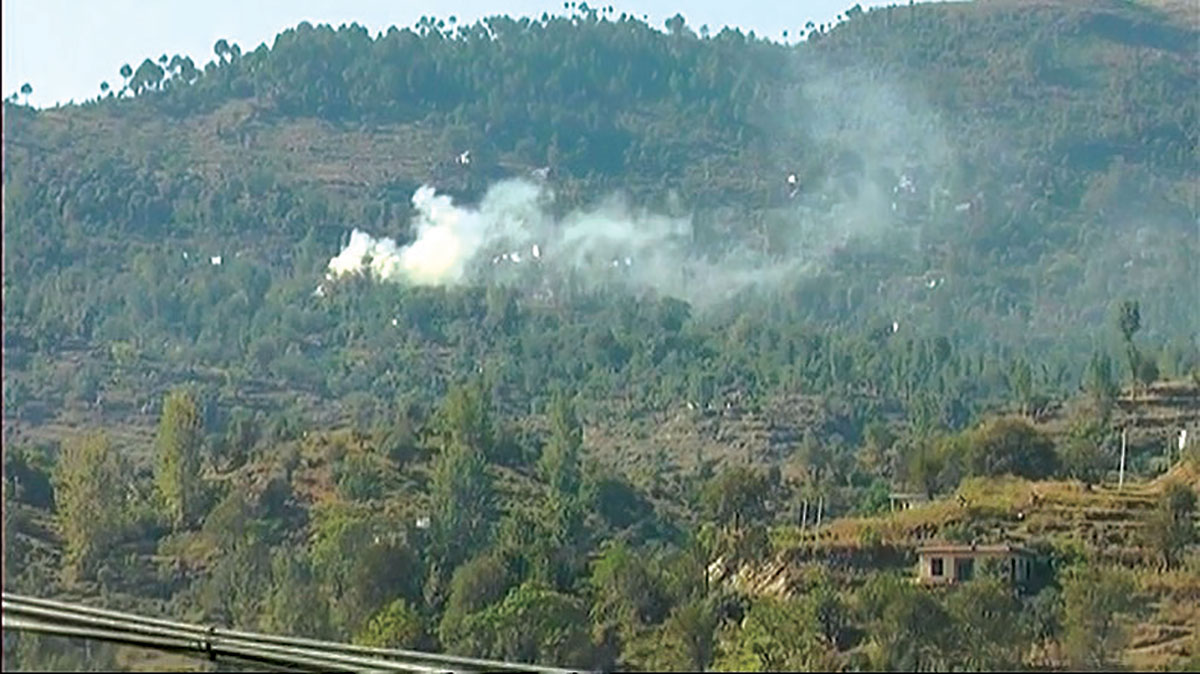SRINAGAR: Unlocking the potential of the region’s natural resources, the Jammu and Kashmir government has successfully dedicated 141 hectares of land to cultivating medicinal plants over the past five years.
Medicinal plants have been fundamental to traditional Indian medicine for centuries, offering alternative remedies and significant economic growth and job opportunities.
Recognizing this potential, the Jammu and Kashmir government embarked on a mission to promote medicinal plant cultivation and harness their rich biodiversity.
In 2015, the government dedicated nine hectares of land to medicinal plant cultivation, followed by 34 hectares the following year. Data reveals that 21 hectares were utilized for growing medicinal plants in 2017.
In 2018, 2019, and 2020, the government further expanded the area under medicinal plant cultivation to 24, 28, and 25 hectares, respectively.
Nationwide, at least 56,305 hectares of land have been dedicated to cultivating various species of medicinal plants.
Under the ‘Medicinal Plants’ component of the National Ayush Mission scheme, the central government supports market-driven cultivation of 140 prioritized medicinal plants in identified clusters and zones across the country.
This year, the cultivation of medicinal plants has gained momentum in the Doda area of Jammu, where farmers are switching to medicinal plant cultivation from traditional crops like rice, maize, and wheat.
Many farmers in Doda villages near forested areas are now cultivating medicinal and aromatic plants, including trillium (Nag-Chatri), saussurea costus (Kuth), inula (Mannu), dandelion (Handh), wild garlic, balsam apple (Ban-Kaakri), as well as lavender and Tagetus Minuta.
Researchers have identified at least 1,123 varieties of medicinal plants in Jammu and Kashmir. A 2018 study recognized 50 native medicinal plant species in the region that require “immediate conservation action” based on ecological and socioeconomic factors.
Notably, with a budget of Rs 62 crore, the government of Jammu and Kashmir aims to bring 5,000 kanals of land spread across 28 clusters under medicinal and aromatic plant cultivation in five years.
According to the document, medicinal and aromatic plant cultivation is estimated to contribute about Rs 75 crore annually after five years, with expectations of this figure rising to over Rs 783 crore by 2037.
A senior official from the Directorate of Ayush highlighted that the government is currently prioritizing the Medicine and Aromatic sector in Jammu and Kashmir to bring substantial economic benefits to the region and enhance the availability of raw materials for the pharmaceutical and herbal medicine industries. (KNO)















